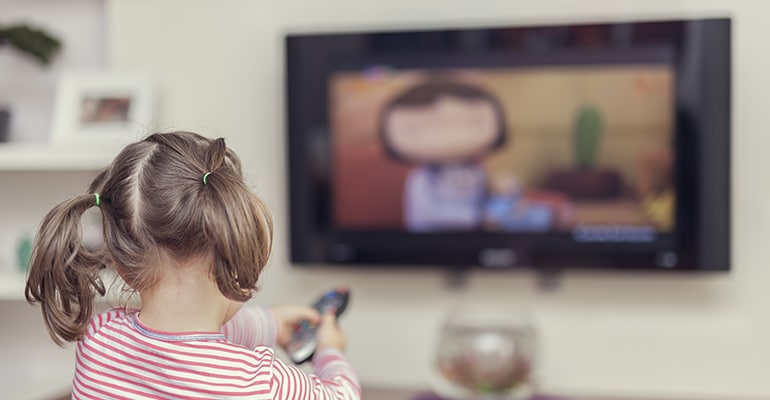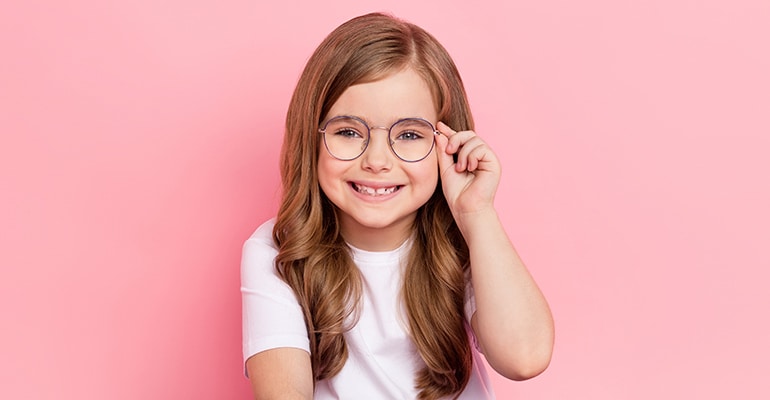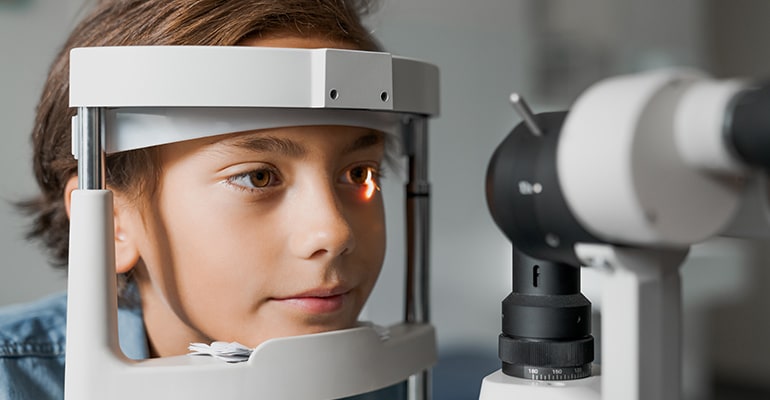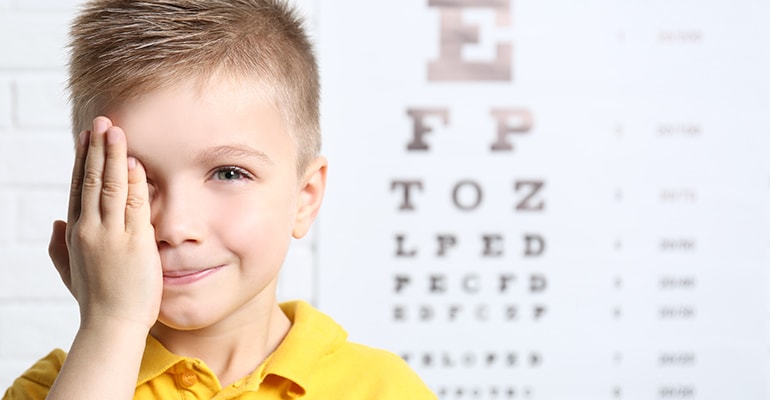Does My Child Need an Eye Exam?
Sep 16, 2022
When you think about the older days, you will remember your parents taking you to the family physician or pediatrician, even your school, for physicals or vaccinations. Well, now that you're all grown up and have become a parent, you know the importance of keeping your body fit.
Similarly, looking after your eyes, especially at a young age, is just as crucial as taking care of the rest of your body.
This is where eye exams come in.
What Are Eye Exams, And Why Are They So Important For Children?
Eye exams involve regular eyesight tests that check how sufficiently you can see and look for sight troubles and eye diseases. Most parents don’t schedule a routine eye exam for their young one unless they sense an apparent problem. Naturally, this doesn’t show up until a vision chart screening is conducted at schools. But it would probably be too late because these screenings are often conducted at a specific grade in school when the child is old enough. Regardless, while these school screenings are necessary, vital concerns that can affect your child’s eyesight and learning may be missed.
For children, eye exams are crucial for their well-being and healthy lifestyle. Besides poor vision that may occur since birth or excessive screen time, eye doctors can identify early signs of illnesses such as cataracts, glaucoma, squint, lazy eye or extreme near-sightedness.
Some issues may also seem small at first, but they may grow to become extremely detrimental to the child’s health.
How Often Should a Child get an Eye Exam?
A child’s first eye exam should be when they are at least 5-6 months old. The next exams should be every two to three years, even if you do not feel they need one. It is always better to be safe than sorry.
If your child has already been wearing prescription kids glasses, it is better to go for routine exams every year. Maybe even earlier, depending on the severity and the doctor’s advice.
Important Signs to Consider.
Often, children won’t immediately tell you if they feel uncomfortable with their vision. Obviously, as young as they are, they won’t know the importance of their eyesight until an adult teaches them. Here are a few important things to observe, even at the early ages of your baby.
Many family members already have eye problems- which could be a genetic issue.
Excessive blinking, rubbing and squinting.
They don’t respond as quickly as before.
Uneven eyelids or droopy eyes- might be diagnosed with ptosis.
The child lightly comments on not being able to see properly.

If you, for whatever reason, cannot immediately take your child to get their eyes checked, you can purchase glasses that block blue light, as they aid in reducing eye strain when looking at screens. It is also one of many small ways how to keep eyes healthy.
Kids can wear blue light-blocking glasses without a prescription, but it is best to confirm with their eye doctor.



